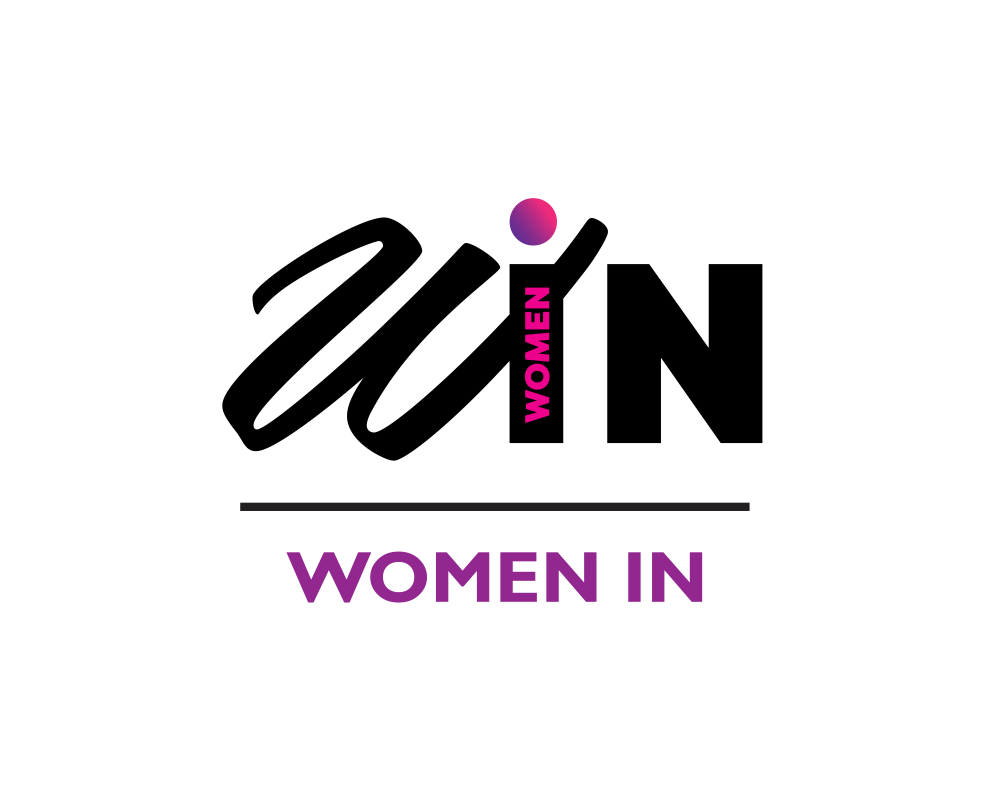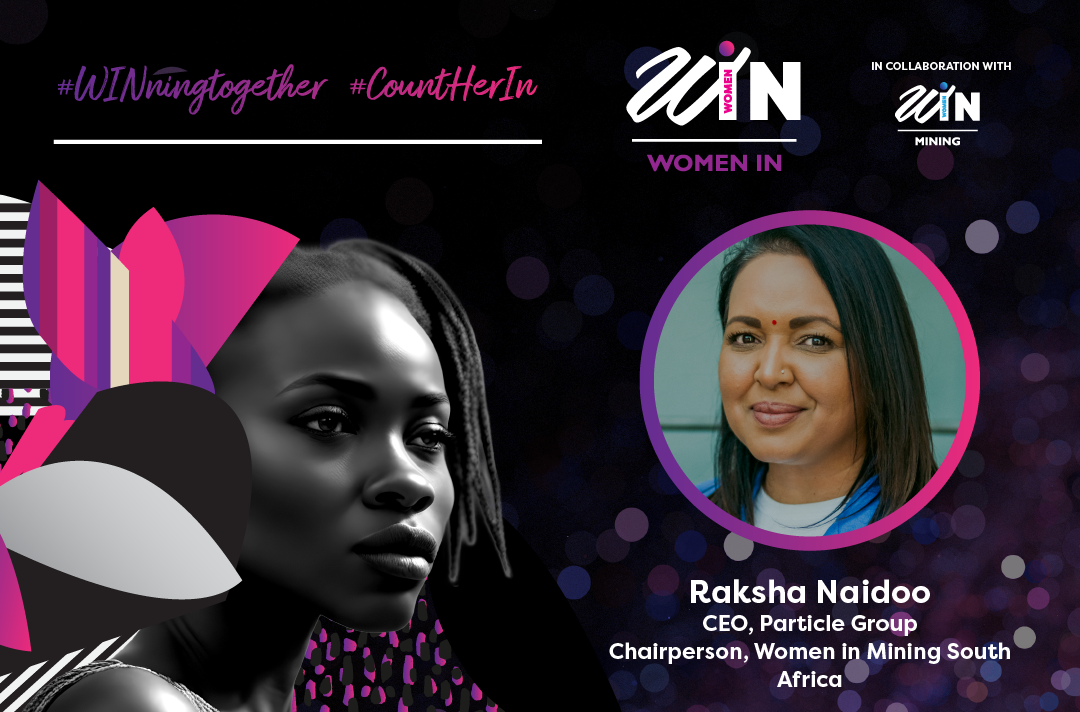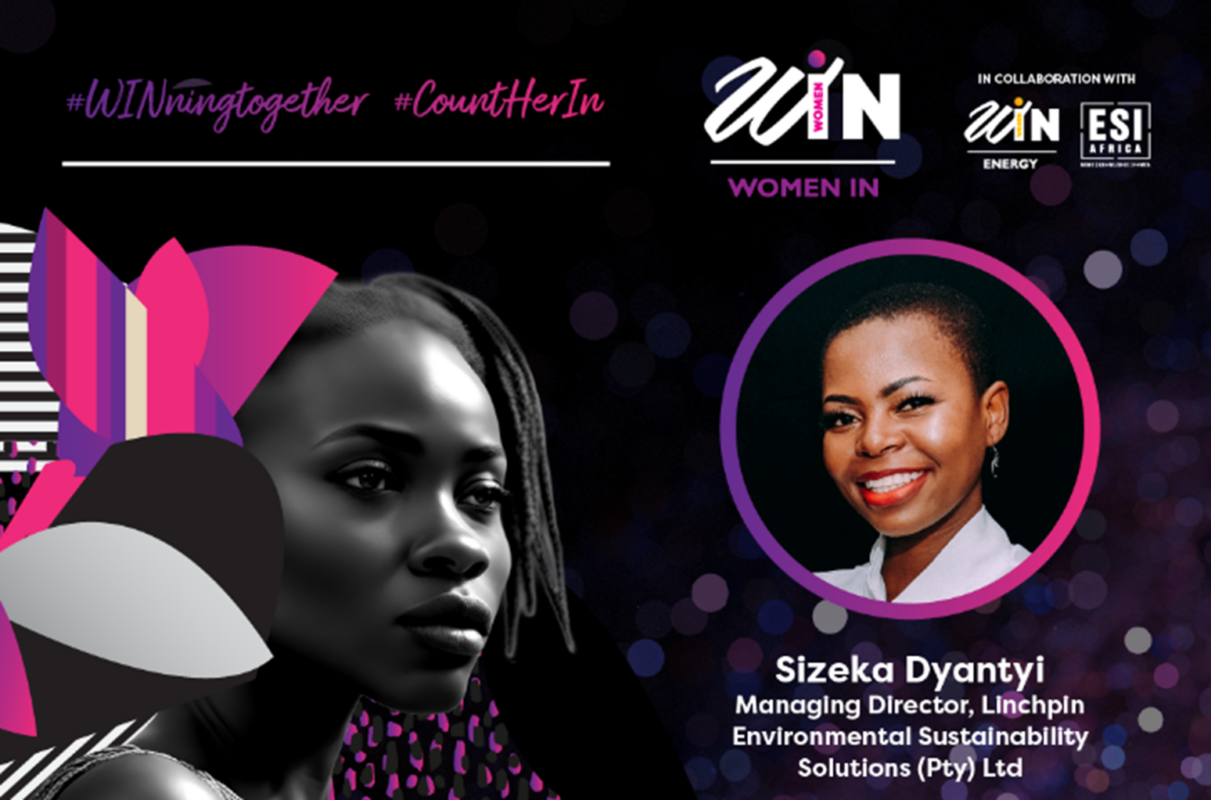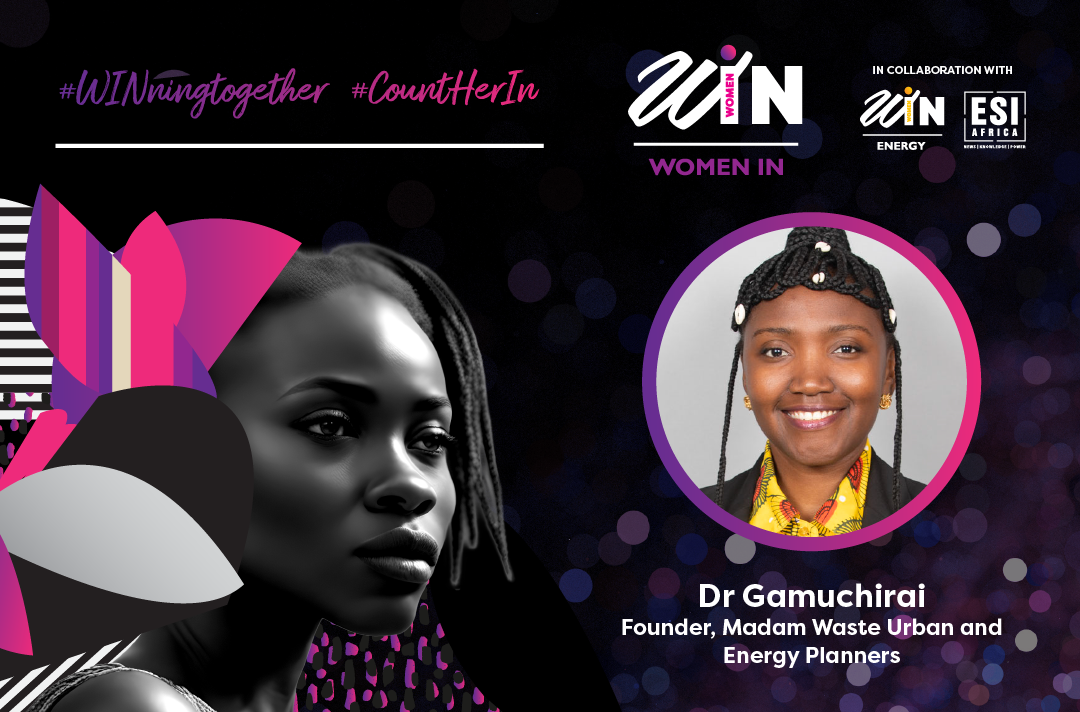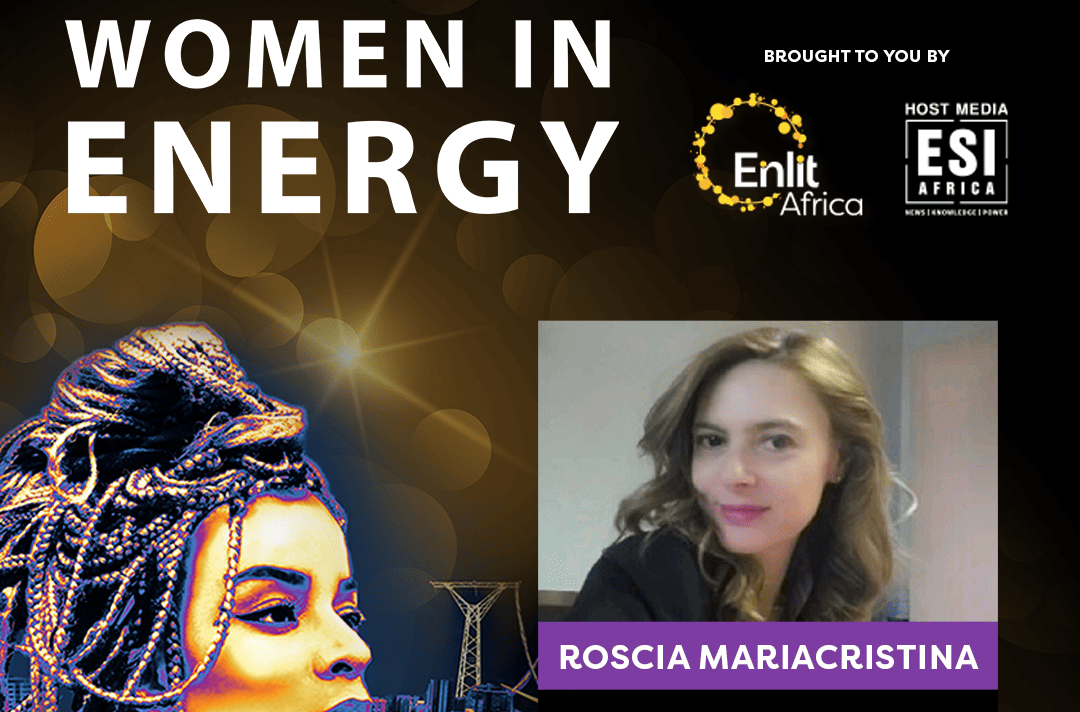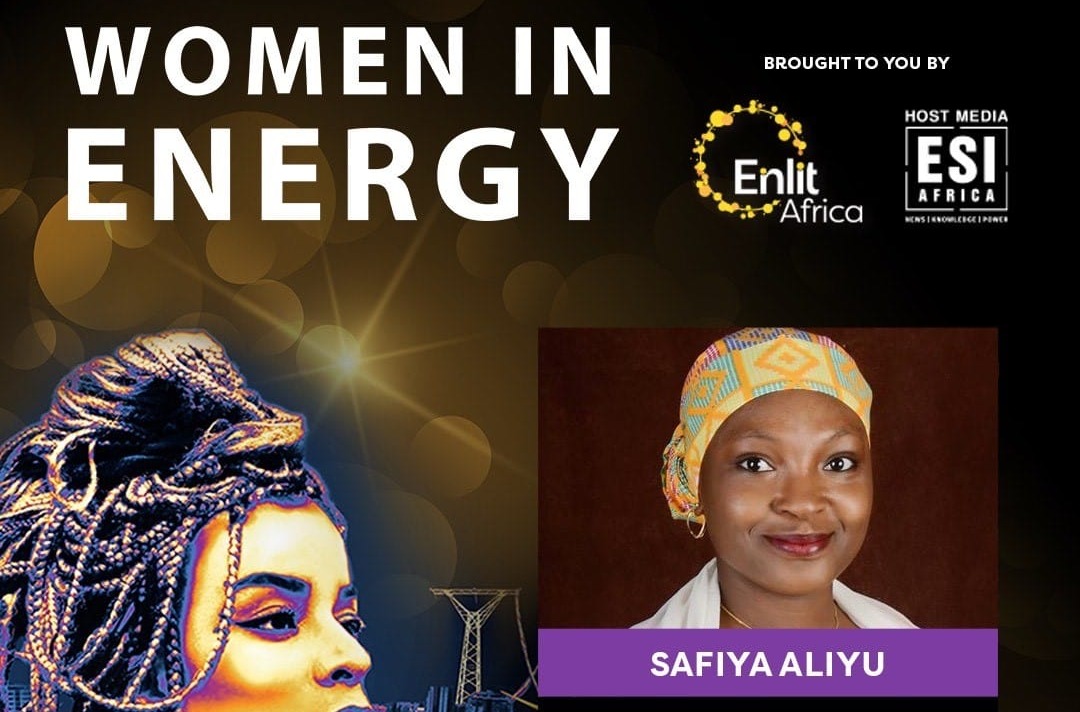When I think about what it means to be a woman in business, I picture strength. I think of the boss lady who walks into a boardroom and owns the space. I see the independent woman who’s building her own empire, the trailblazer making space where there was once none, and the barrier-breaker redefining entire industries.
But the truth is, these are not always the first images that come to mind for many.
Despite the world making strides toward gender equality, the workplace remains a space where women continue to navigate complex, and sometimes subtle, challenges.
Women in the workplace still experience microaggressions (sometimes seemingly polite gestures, offhand remarks or dismissals) that can go unnoticed and unchecked. These comments that underhandedly assume a woman cannot occupy a certain leadership role, or be assertive and unemotional, for example, can sometimes seem superficial but have harmful effects.
Even “ladies first” gestures can create an atmosphere that welcomes the projected submissive view of women, masking deeper issues of exclusion or unconscious bias.
These everyday experiences, while small in isolation, can have a cumulative impact on women’s confidence, sense of belonging, and how they show up in their professional lives. For instance, a recent American study revealed that women amplify their own research 28% less often than men on social media platforms. In a world where visibility is power, this statistic is telling—not only of the way in which we as women continue to silence ourselves but also the ease with which we diminish our own value.
To me, this all signals a deeper issue: that women are more inclined to undervalue their own contributions, likely shaped by long-standing societal expectations of humility, nurturing and self-sacrifice.
If ever there was proof of this, it would be the American Economic Review which found that women are also more likely to take on behind-the-scenes responsibilities (like the organisation of team functions) which tend to go unrewarded in the workplace. These roles, though valuable, can inadvertently take a toll on women’s upward mobility and recognition.
The challenges don’t end there. But here’s the powerful truth: this doesn’t have to define us.
Women in business are not just contributors. They are leaders and powerful ones. The evidence suggests that companies founded or co-founded by women do better in terms of revenue creation, job growth and execution.
Women are strategic thinkers, gifted communicators, adaptive problem-solvers and resilient innovators. These aren’t just “soft skills”. They are the very qualities that make businesses thrive in today’s ever-changing world.
Redefining what it means to be a woman in business isn’t about abandoning traditional strengths, it’s about reclaiming them, owning them and ensuring they’re valued equally.
It’s about allowing ourselves to be ambitious and assertive, while also being collaborative and compassionate. It’s about challenging outdated norms and creating space for more nuanced, empowered representations of womanhood in professional spaces.
We are not just part of the system, we are reshaping it and the more we celebrate and elevate each other, the more we change the narrative for future generations of women in business.
